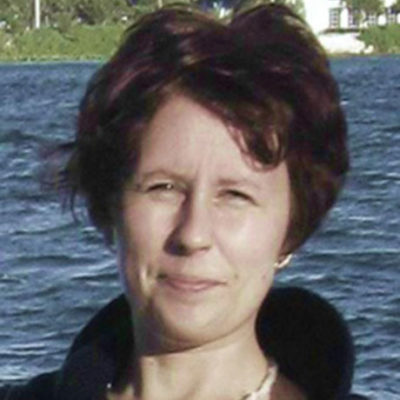Libby Adler

Professor of Law and Women's, Gender, and Sexuality Studies
School of Law
Professor Adler holds a joint appointment with the School of Law and the College of Social Sciences and Humanities. She teaches Constitutional Law, Sexuality, Gender and the Law, Family Law and Administrative Law. Professor Adler has written extensively on sexuality, gender, family and children, including foster care, and draws heavily from queer and critical theory. Her book, Gay Priori: A Queer Critical Legal Studies Approach to Law Reform, was published in April 2018 by Duke University Press. She is also a co-editor of the casebook Mary Joe Frug’s Women and the Law (4th ed.), and has written about contemporary legal issues arising out of Nazism.
Professor Adler has served as a visiting professor at Harvard Law School, where she taught Women and the Law, and at the University of Frankfurt, where she taught a course on contemporary legal fallout from the Nazi labor program. She received the Northeastern University Excellence in Teaching Award in 2007-2008.
Prior to joining the permanent faculty, Professor Adler served Northeastern as a visiting professor in 1999-2000 and as a part-time lecturer in 1998-1999, while also a visiting researcher and graduate fellow at Harvard Law School. In the 1990s, she practiced as a policy attorney for the Massachusetts child support enforcement agency, drafting legislation and regulations.
FIELDS OF EXPERTISE: Sexuality and Gender Identity, Administrative Law, Constitutional Law, Family Law.
-
Education
LLM, 1998
Harvard University -
Contact
617.373.7513 l.adler@northeastern.edu -
Address
22 Cargill Hall
400 Huntington Avenue
Boston, MA 02115

Sexuality, Gender, and the Law
WMNS/POLS/PHIL 3500
Examines the legal regulation of gender and sexuality. Investigates concrete legal cases to study the history of constitutional interpretation and the current status of rights for women and sexual minorities. Focuses on important theoretical issues emerging in the writings of diverse feminist and queer legal scholars. Addresses debates over the value of conventional equality approaches in legal doctrine; equality vs. difference perspectives; ways in which legal language constructs gender and sexuality; the incorporation of sexuality and gender in ideologies of law; and the intersections of gender, sexuality, and race in legal doctrine and legal theory.














